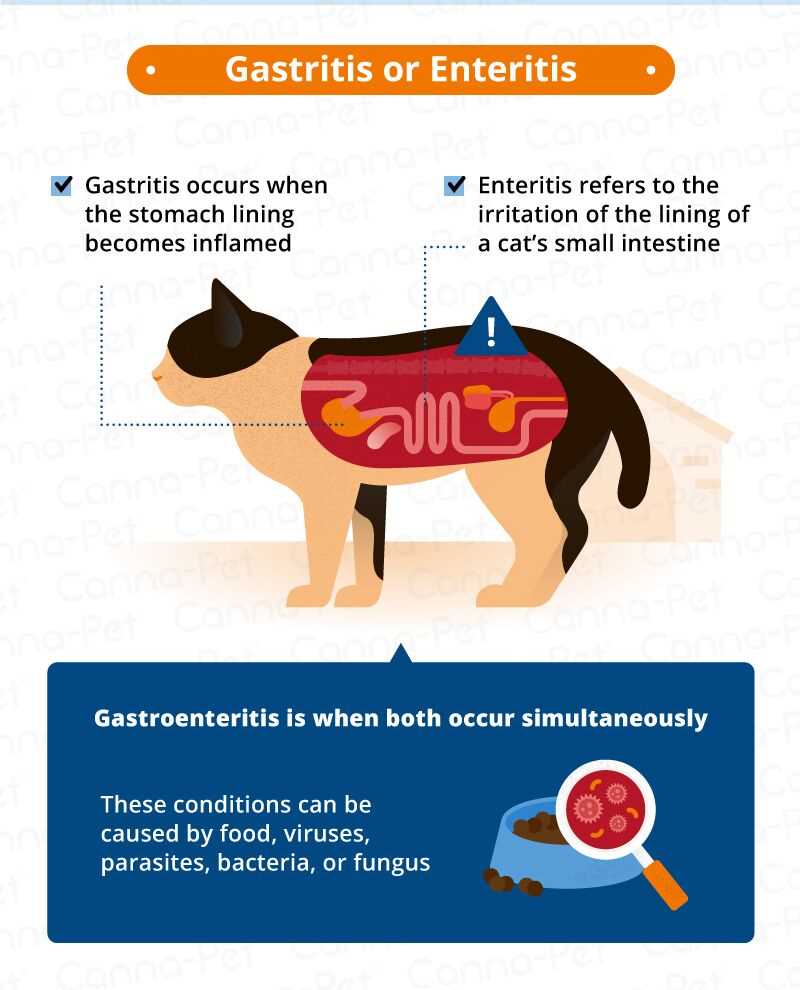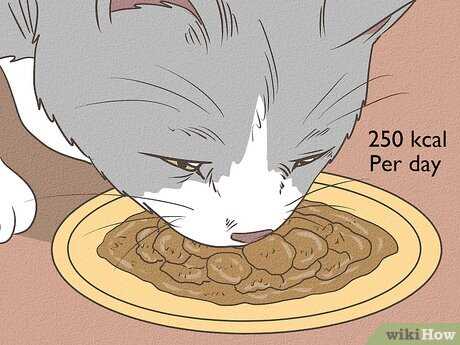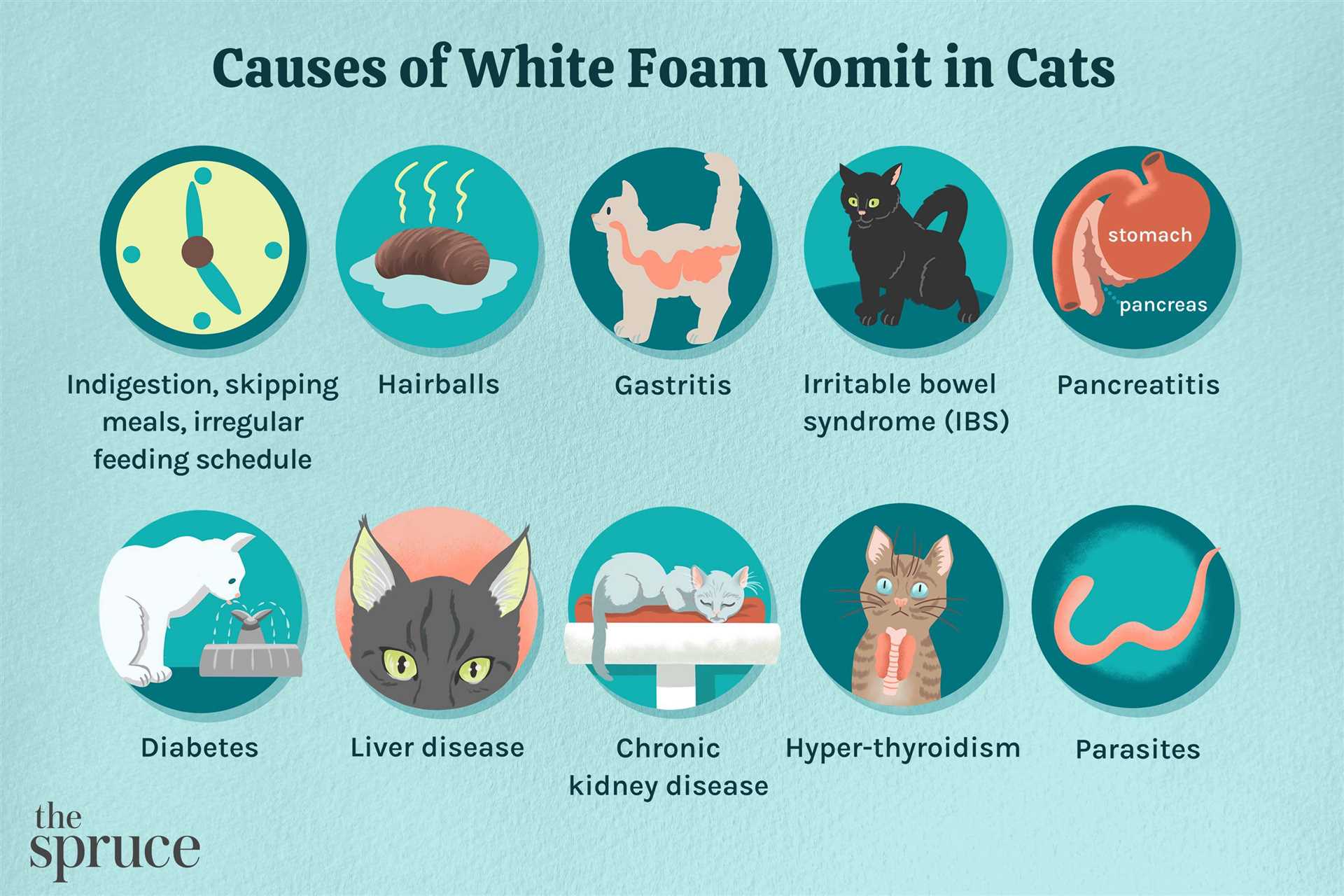



Temporary fasting is a great option. I usually skip meals for about 12 hours, allowing my stomach to settle. After that, I enjoy small portions of plain boiled chicken or rice. It’s important to ensure everything is bland and unseasoned.
Hydration plays a key role. I always have access to fresh water. Sometimes, I prefer a little chicken broth (without onions or garlic) to entice me to drink more, especially when I’m feeling unwell.
Probiotics can be beneficial too. I often ask my human for a cat-friendly probiotic supplement, as it helps restore balance in my gut. It’s a simple way to support my digestive health during rough times.
If symptoms persist, a visit to the vet is crucial. They provide tailored advice and can rule out any serious conditions. Keeping an eye on my behavior, litter box habits, and overall energy levels is essential for my well-being.
Relief Options for Digestive Distress
Hydration is paramount. Offering fresh, clean water helps prevent dehydration. If your human notices reduced water intake, consider a pet-friendly electrolyte solution designed for animals. Always consult the vet before using these products.
Diet Adjustments
A bland diet can soothe an upset stomach. Recommended options include:
- Plain boiled chicken (without skin or seasoning)
- White rice or plain mashed potatoes
- Plain canned pumpkin (not the spiced pie filling)
Introduce these foods gradually. Small portions are key to avoiding further irritation.
Probiotics and Supplements
Probiotics may restore balance in the digestive system. Look for those specifically formulated for felines. Additionally, some fiber supplements can help firm up stool consistency. Always check with a veterinarian prior to introducing new supplements.
Identifying the Causes of Vomiting and Diarrhea in Cats

First, assess dietary changes. Sudden shifts in food can upset sensitive stomachs. Ensure any new products are introduced gradually to avoid issues.
Next, check for potential toxins. Common household items, such as certain plants or human foods, can lead to gastrointestinal distress. Familiarize yourself with harmful substances.
Another consideration is parasites. Intestinal worms or protozoa can cause severe digestive problems. Regular vet check-ups and stool tests are essential for prevention.
Infections, whether viral or bacterial, also pose risks. Symptoms like lethargy or fever alongside digestive issues warrant immediate veterinary attention.
Lastly, underlying health conditions such as kidney or liver disease may manifest through these symptoms. Keep track of any additional signs and consult a veterinarian promptly.
| Cause | Signs | Action |
|---|---|---|
| Dietary Changes | Sudden upset stomach | Revert to previous food |
| Toxins | Vomiting, lethargy | Remove source, seek vet help |
| Parasites | Weight loss, bloating | Regular deworming |
| Infections | Fever, lack of appetite | Vet examination |
| Health Conditions | Excessive thirst, weight changes | Consult vet for diagnostics |
Understanding these factors helps in preventing future episodes. For more tips on various topics, check out can i use my pressure washer as a tree sprayer.
Home Remedies for Mild Cases of Vomiting and Diarrhea
If you’re dealing with mild stomach issues, consider offering some plain, boiled chicken or turkey without skin and seasoning. This gentle protein source is easier on the tummy and can help settle things down.
Another option is plain, canned pumpkin, which is high in fiber. Just a small spoonful can help firm up loose stools and promote digestive health. Make sure it’s pure pumpkin, not the spiced pie filling.
Hydration is Key
Ensuring proper hydration is crucial. Offering fresh water or low-sodium broth can keep your furry friend hydrated. If your buddy isn’t drinking enough, you might use a syringe (without the needle) to gently provide fluids.
Fasting Period
A brief fasting period, lasting about 12-24 hours, can allow the digestive system to rest and recover. After this, reintroducing food gradually with small portions will help monitor how the stomach is responding.
When to Consult a Veterinarian for Your Cat’s Symptoms

If experiencing persistent issues like frequent heaving or loose stools lasting more than 24 hours, seeking professional advice is crucial. Observing other warning signs such as lethargy, reduced appetite, significant weight loss, or blood in waste also necessitates an immediate visit to the vet.
Specific Symptoms to Monitor

Monitor hydration levels; excessive thirst or dry mouth indicates a need for medical attention. If there’s a noticeable change in behavior, like hiding or excessive vocalization, this can signal distress. Additionally, if your furry friend has recently ingested something unusual, a timely consultation is essential to prevent further complications.
Age and Health Considerations
Older felines or those with pre-existing health conditions require prompt evaluation at the first sign of trouble. Kittens are particularly vulnerable, so any signs of discomfort should prompt an immediate call to a veterinarian. Timely intervention can make a significant difference in recovery.
Dietary Adjustments to Help Your Cat Recover
Introduce easily digestible options like boiled chicken or rice to my meals during recovery. These gentle foods provide nutrition without stressing my stomach. Gradually mix these into regular meals, increasing the proportion over time to help ease my digestive system back to normal.
Opt for specialized veterinary diets designed for sensitive stomachs. These formulas often contain higher digestibility and lower fiber, reducing the workload on my digestive tract. Consult with my human to find the right product that fits my needs.
Hydration is key. Ensure fresh water is always available, and consider adding wet food to my diet to increase moisture intake. Dehydration can worsen my condition, so keeping me hydrated is essential.
Introduce probiotics into my meals. These beneficial bacteria can help restore balance in my gut. Look for feline-specific probiotic supplements that can be mixed with food for an easy addition to my diet.
Avoid rich or fatty foods, as they can exacerbate digestive issues. Stick to simple, bland meals until my symptoms subside. Transition back to regular food gradually once I’m feeling better.
Consider looking into cat food for geriatric cats if I’m older, as these options cater to sensitive stomachs and can aid in recovery.
Medications and Treatments for Severe Gastrointestinal Issues
For those intense digestive troubles, certain pharmaceutical options can provide relief. Metronidazole is often prescribed due to its antibacterial and anti-inflammatory properties, helping to address infections and inflammation in the gut. Another medication, ondansetron, can be effective in reducing nausea, making it easier to manage feeding during recovery.
Probiotics specifically designed for felines can restore beneficial gut flora, aiding in recovery and improving overall digestive health. Additionally, anti-diarrheal medications like loperamide may be used in specific situations, but only under veterinary supervision to ensure safety and appropriateness.
Hydration Solutions
Maintaining hydration is critical during these episodes. Electrolyte solutions formulated for pets can prevent dehydration, especially if there’s significant fluid loss. Oral rehydration solutions can be offered to encourage fluid intake, while intravenous fluids might be necessary in severe cases to stabilize health.
Prescription Diets
Specialized veterinary diets are available that target gastrointestinal health. These often contain easily digestible ingredients and specific nutrients that support recovery. They can help alleviate symptoms while providing essential nourishment. Always consult a veterinarian before making dietary changes to ensure the best approach for recovery.









